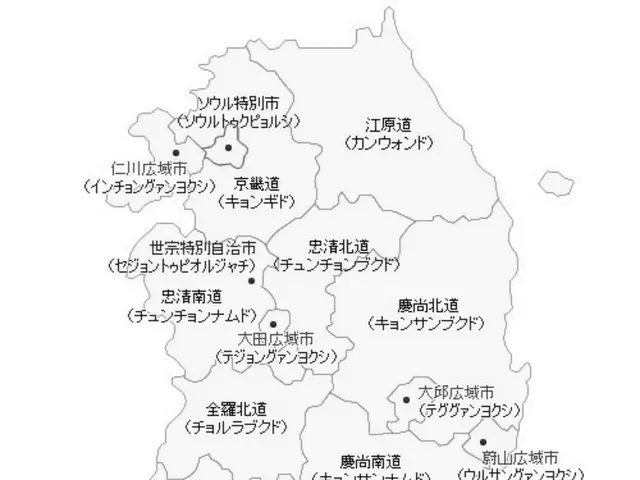As the number of drug offenses cleared per public official has increased significantly, it has been pointed out that there is a need to increase the number of police officers conducting investigations and to develop methods for investigating drug offenses by age group.
According to documents analyzing the current state of drug crime arrests received from the National Police Agency on October 27th by Representative Yeon Hae In of the Basic Income Party, the drug crime situation as of August of this year was
It was estimated that an average of 2,800 people commit crimes every month. Compared to 2018, when the monthly average was 676 people, this is more than a fourfold increase.
On the other hand, the number of police officers in charge of drug crimes is 379, an increase of 47% compared to 258 in 2018.
As of 2018, the average number of drug convictions per police officer per month increased from 2.6 to 6.6, an increase of 254%.
Drug offenses by teenagers and people over 60 are also on the rise. In the first half of 2021, there will be 178 people, which is only 3%.
From July to August this year, there were 386 teenage drug offenders, accounting for 8% of the total. Additionally, the number of drug offenders in their 60s and older, which accounted for 11% of the total (551 in the first half of 2021), is increasing year by year.
The numbers are increasing, accounting for 23% of all ages in the first half of this year, and in particular from July to August this year, it was confirmed that the number was 1,253, accounting for 25% of the total.
From 2018 to August 2023, it was confirmed that a total of 65,891 people were arrested for drug offenses across South Korea, with the highest percentage of arrests among teenagers.
It turned out that it was Daejeon (Daejeon). Of the 1,000 drug offenders in Daejeon, 75 (7%) were teenagers. Next is Gyeongsangnam-do (Gyeongsangnam-do) with 6% (21
3 people), followed by Incheon with 5% (269 people). The areas with the highest percentage of drug offenders in their 20s are Seoul at 39% (5,627 people), Gwangju at 37% (598 people), and Gwangju at 37% (598 people).
Incheon had 34% (1,985 people), followed by southern Gyeonggi with 31% (3,976 people). The percentage of drug offenders in their 60s and older is 45% (1244 people) in Gyeongsangbuk-do and Chungcheonbuk-do.
To (Chungcheongbuk-do) had 45% (934 people), followed by Jeollabukkut (Jollanam-do) with 45% (708 people). Representative Yong Hae-in said, ``Drug crimes are rapidly increasing;
The number of police officers in charge of crimes has not kept up with this, and the number of drug crimes committed by teenagers and people over 60 is rapidly increasing." need to be developed
” he said.
2023/11/05 07:03 KST
Copyrights(C) Edaily wowkorea.jp 107

